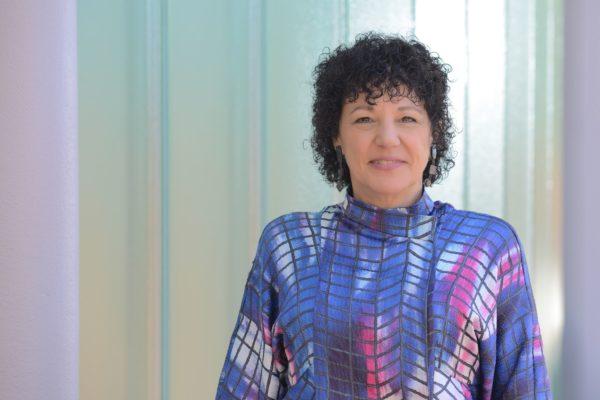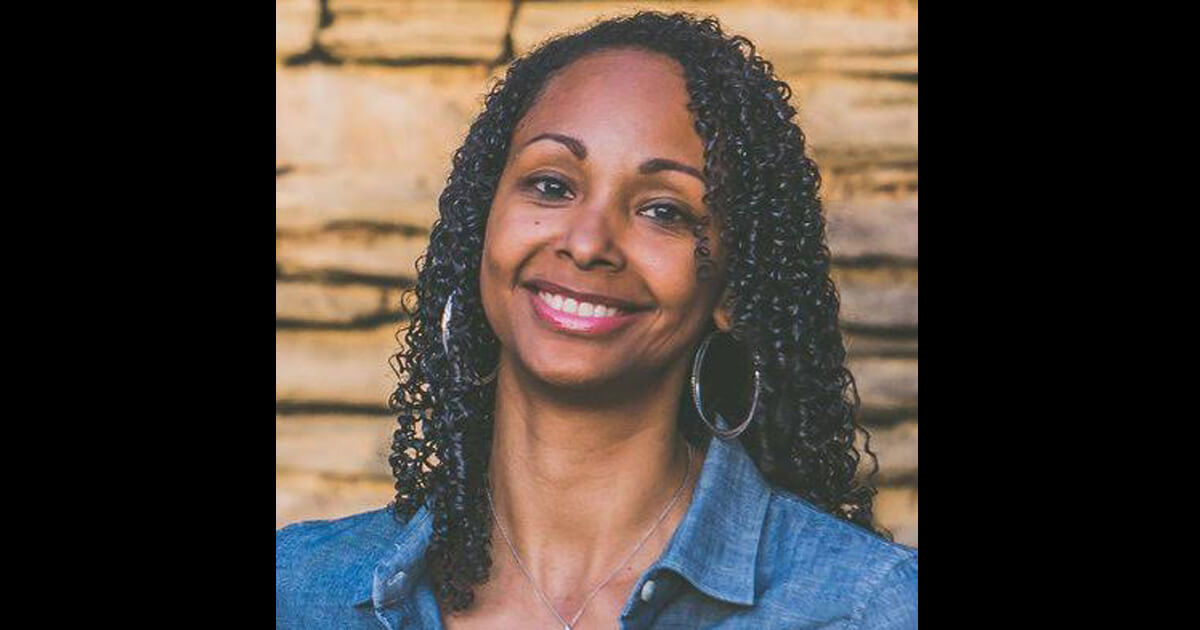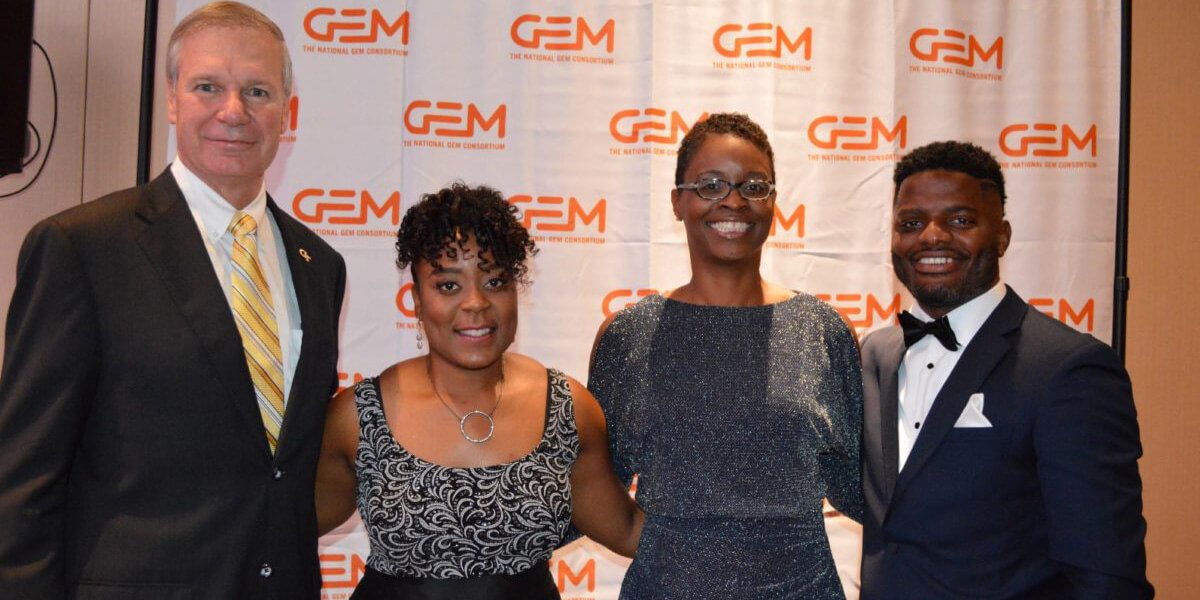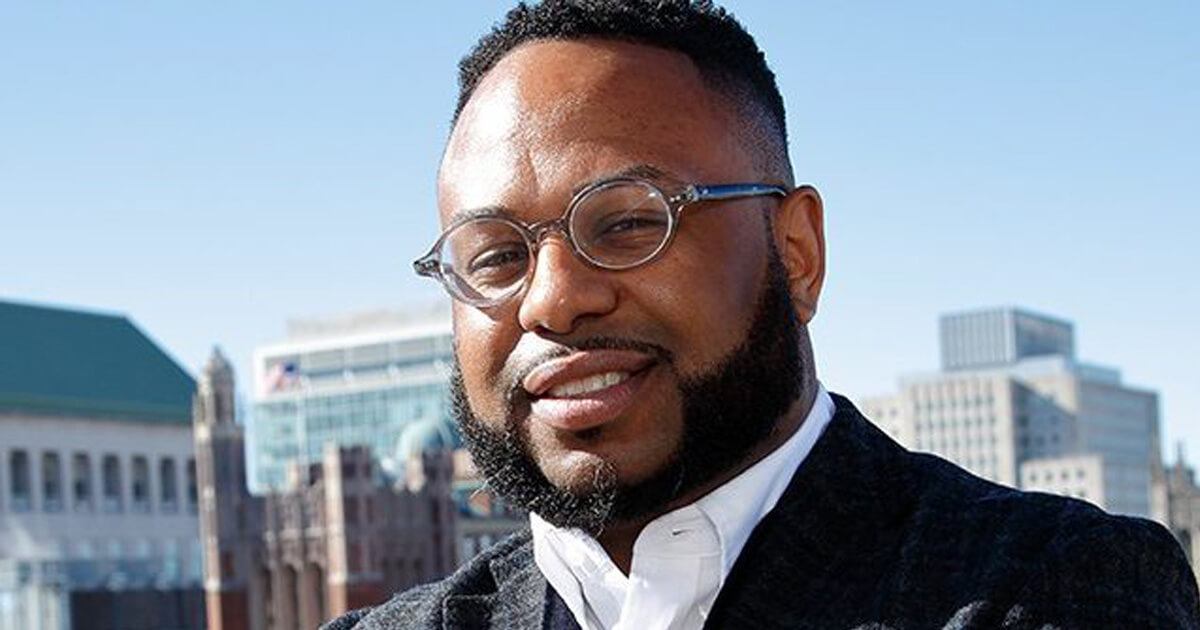Like most industries, tech has certainly not been immune to the national turmoil of the past seven months. As America continues to grapple simultaneously with COVID-19 and a racial reckoning, many companies are struggling to navigate both pandemics. Even before 2020, there were critiques that little progress had been made in regards to diversity within tech. Now, diversity and inclusion advocates worry that companies are continuing to make hollow promises that won’t lead to long term change.
Historically, diversity and inclusion initiatives are one of the first things to be suspended in an economic downturn. And, while there aren’t official numbers to show just how many people of color in tech were laid off as a result of COVID-19, Bärí A. Williams, attorney, startup advisor and diversity and inclusion advocate, says she suspects a large number of women and people of color have lost their jobs in recent months. Williams says she hasn’t found a place that’s tracking diversity numbers in regards to the layoffs, but she pointed to Roger Lee’s project, Layoffs.fyi. The site posts the names, location and contact information of the people who have been laid off. Compiling data from public reports, it has tracked 70,000 layoffs in tech since March 11. “While there aren’t yet hard numbers on who has been impacted from recent tech layoffs at companies such as Airbnb, Uber, VSCO, and Lyft, one glance at the list of names published shows a large number of women and people of color,” Williams wrote in an essay published by Fast Company.“With representation in tech already so low, with black and brown people comprising about 9% of the employee base, collectively, with women making up about 35% of the employee base, and with women and POC making up the types of jobs—marketing, human resources, sales, and customer service—within tech companies that are often cut.”
Williams said COVID-related layoffs have only been complicated by the recent racial uprising.“The bulk of those layoffs that I wrote about [in Fast Company] all happened before all the protests,” she says. “What’s interesting now is you have seen a complete shift in around people wanting as much diversity as possible. But the problem is that these companies primarily laid off a large bulk of [their] diverse staff.”
In the past months, tech companies including Amazon, Apple and Google have released statements in solidarity with the Black Lives Matter movement, but diversity and inclusion experts say very few of those public statements have promised actionable change within the tech industry.
Freada Kapor Klein, founding partner of Kapor Capital, has been working on issues including diversity and inclusion, and sexual misconduct in the workplace for decades. She says even before the pandemic, little progress had been made toward making tech more equitable for underrepresented communities. “Pre-COVID pandemic, despite the literally billions of dollars that have been spent in the last six years by tech companies on diversity, the needle has barely moved,” she says.

Kapor Klein says her client Strive Talent recently did an analysis of public statements from 100 Fortune 500 companies and 100 tech companies during recent Black Lives Matter protests. Only 20 percent of those statements mentioned actionable items, she says. Most of the statements focused on showing solidarity with Black Americans. (Although it is now private, The Plug made a spreadsheet of these company statements available to the public for nearly six weeks.)
“I think that tells you there was a compelling PR moment, and maybe a dawning [and] recognition of what the depth and complexity of racism in this country looks like. But I am doubtful that that will be sustained into any real action that impacts the core business,” Kapor Klein says. “We’ve seen [companies] write a statement [and] write a check to a civil rights organization, but not to an organization that has anything to do with the core business.” She notes that statements where companies have pledged to focus on increasing their allyship also fail to give insight into what this will actually look like.
Cautious Optimism
Kellie Wagner, founder of DEI Collective, a consulting firm dedicated to diversity and inclusion, agrees that most of the public statements from tech companies have taken a generic tone, although she notes one of her clients, Glossier, announced grants totaling $500K to Black-owned beauty businesses in their recent public statement. Still, Wagner says she worries the momentum that has been gained in the last month has already started to die down. “I will say that urgency is dying down a little,” she says. “I’m cautiously optimistic. In the past month, we’ve seen that collective power and we do have to make sure it doesn’t fade away.”

As the pandemic wages on, Kapor Klein says she worries the impact of COVID will only exacerbate the racial achievement gap. In April, her team had a survey conducted in relation to Smash, a STEM education program she founded to prepare students of color for college. 41 percent of the students, many of whom are low-income, reported having no access to education since the pandemic forced schools to close. “If you have any type of education company, but especially an ed-tech company in the COVID-19 era, you’re probably seeing this increase your business. But if your business model is a high price paid by affluent families, you are actually widening the gap between the haves and have nots,” she says. “Until businesses look at who benefits when they make money, we’re not really gonna fight systemic racism.”
Williams notes even discussions of creating a longterm remote workforce could have unintended consequences if companies aren’t doing so in a thoughtful manner. “I think that that could disproportionately harm minority employees because they don’t want to live [in San Francisco]. The cities they may choose to live in are going to be cheaper, which means you’re going to therefore pay them less, which means there’s greater pay disparity,” she says. “That begs the question, are you paying for the position or the location?”
Still, despite only small glimpses of progress in recent years, Kapor Klein remains committed to the fight for equity in tech. “You have to consider that I’m either a masochist or an optimist. I prefer to think that I’m the latter,” she says. While the venture capitalist says she doesn’t see “a lot of cause for celebration from big companies and long-standing institutions,” she says the Smash scholars and the Black and Latino entrepreneurs she’s worked with give her optimism about the future. “They are creating absolute first class, kick-ass tech startups that close gaps of access of opportunity or outcome for low-income communities and communities of color,” she says. “They are demonstrating that it is possible to address systemic racism [and] close gaps, and to build a successful, high-growth business doing it.”
This story is possible thanks to support from the Ewing Marion Kauffman Foundation, a private, nonpartisan foundation that works together with communities in education and entrepreneurship to increase opportunities that allow all people to learn, to take risks, and to own their success. For more information, visit www.kauffman.org and connect at www.twitter.com/kauffmanfdn and www.facebook.com/kauffmanfdn.








